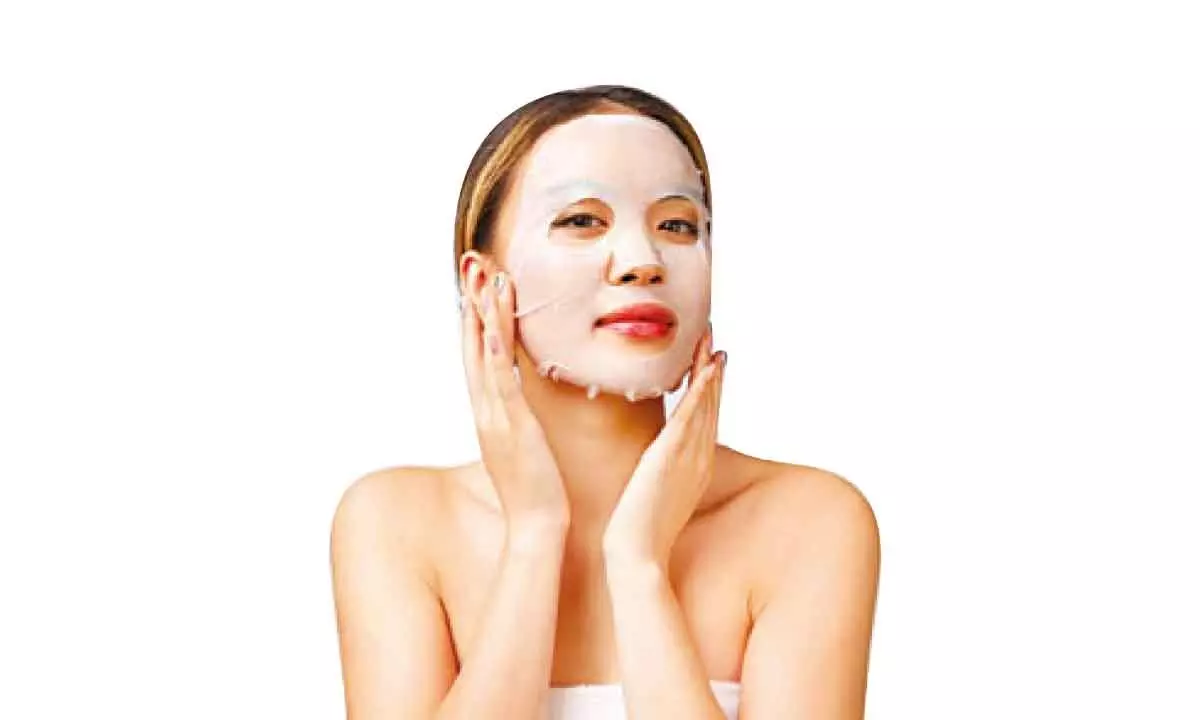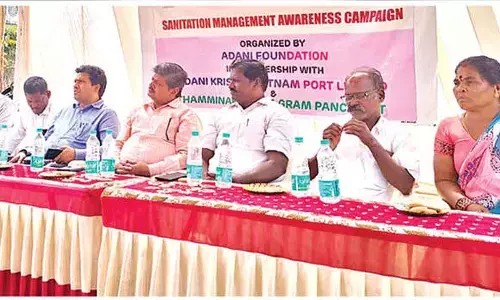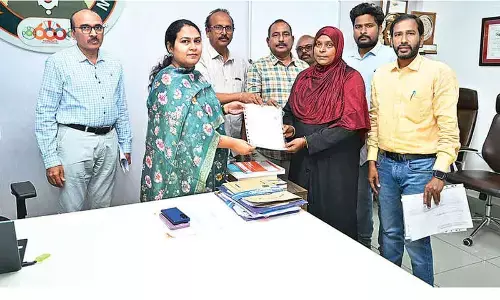Does the Korean skincare routine work for Indians?

Skincare has become an integral part of our daily routine, and everyone strives for porcelain smooth and taut skin. Among these, Korean skincare has gained attention for its innovative approach and promise of flawless, dewy skin. However, in India, it is a topic of discussion, as Indian skin, classified as type III or IV on the Fitzpatrick scale, requires skincare that addresses specific concerns such as hyperpigmentation, dark spots, and sun damage. In contrast, Korean skincare tends to focus on hydration, which may not be enough to address the unique needs of Indian skin. Which means Indian skin requires skincare that addresses pigmentation concerns. Considering the different weather conditions, Indian people wonder if Korean skincare is suitable for them or not
Skincare has become an integral part of our daily routine, and everyone strives for porcelain smooth and taut skin. Among these, Korean skincare has gained attention for its innovative approach and promise of flawless, dewy skin. However, in India, it is a topic of discussion, as Indian skin, classified as type III or IV on the Fitzpatrick scale, requires skincare that addresses specific concerns such as hyperpigmentation, dark spots, and sun damage. In contrast, Korean skincare tends to focus on hydration, which may not be enough to address the unique needs of Indian skin. Which means Indian skin requires skincare that addresses pigmentation concerns. Considering the different weather conditions, Indian people wonder if Korean skincare is suitable for them or not.
Here are some points to consider when incorporating Korean skincare into an Indian skincare routine:
Understanding Korean Skincare: Korean skincare routines have many steps, and their major focus is on skin hydration, protection, and nourishment. Which basically involves double cleansing, toning, serums, essences, sheet masks, and moisturizer. However, over-layering of skincare products can clog pores and cause acne breakouts. Instead of going for an extensive 10-step routine, incorporating simple and essential steps can work wonders for Indian skin, i.e., cleansing, toning, moisturizing, and sun protection.
Climate and Environment Condition: It is important to consider weather and environmental conditions when adopting any skincare products. India’s diverse climate, which ranges from tropical to arid, differs significantly from Korea's. India’s diverse seasons, humidity, pollution levels, and UV radiation can substantially impact the skin. Korean skincare products may feel too rich or heavy on the skin, which leads to a greasy and uncomfortable feeling. To prevent this, it is recommended to use lightweight, non-comedogenic products as per Indian weather conditions.
Skin Types: Indian skin types and concerns are far different from the Korean skin type. Indian skin is highly sensitive due to the higher melanin content, which can lead to various concerns including uneven skin tone, hyperpigmentation, acne breakouts, etc., In contrast, Korean skincare prioritizes hydration, nourishment, and sun protection, which may not be a major concern for Indian people. The unique characteristics of Indian skin demand tailored skincare approaches that address its specific needs, such as brightening, spot correction, and acne management. By acknowledging these differences, individuals can choose products and routines that effectively cater to their skin type and concerns.
Ingredients Harmony: Korean skincare is renowned for its innovative and effective ingredients like hyaluronic acid, snail mucin, green tea extracts, and many botanical extracts. The products have been extensively researched and proven to benefit the skin. However, some of the products suit Indian skin, while others may require caution due to potential sensitivities or allergic reactions. To ensure the safety of the skin and effective skincare, it is important to read the product labels carefully and consult with the dermatologist before using any new product on the skin. By harmoniously blending global ingredients, you can create a personalized skincare regimen tailored to the particular skin’s unique needs and concerns. This balanced approach can help achieve optimal skin health and radiant beauty.
Conclusion: The Korean skincare routine has undoubtedly made a huge impact on the beauty industry, but its compatibility with Indian skin requires careful consideration. It is essential to understand the skin type to successfully adopt a Korean skincare routine. The key to glowing skin lies in listening to the skin’s needs and choosing products that work in harmony with skin, regardless of their origin. By adopting a personalized approach, one can harness the best of Korean skincare while prioritising individual skin needs.
(Attributed to Dr. (Lt Cdr) Siddharth Garekar, Garekars MD Dermatology Clinic)











